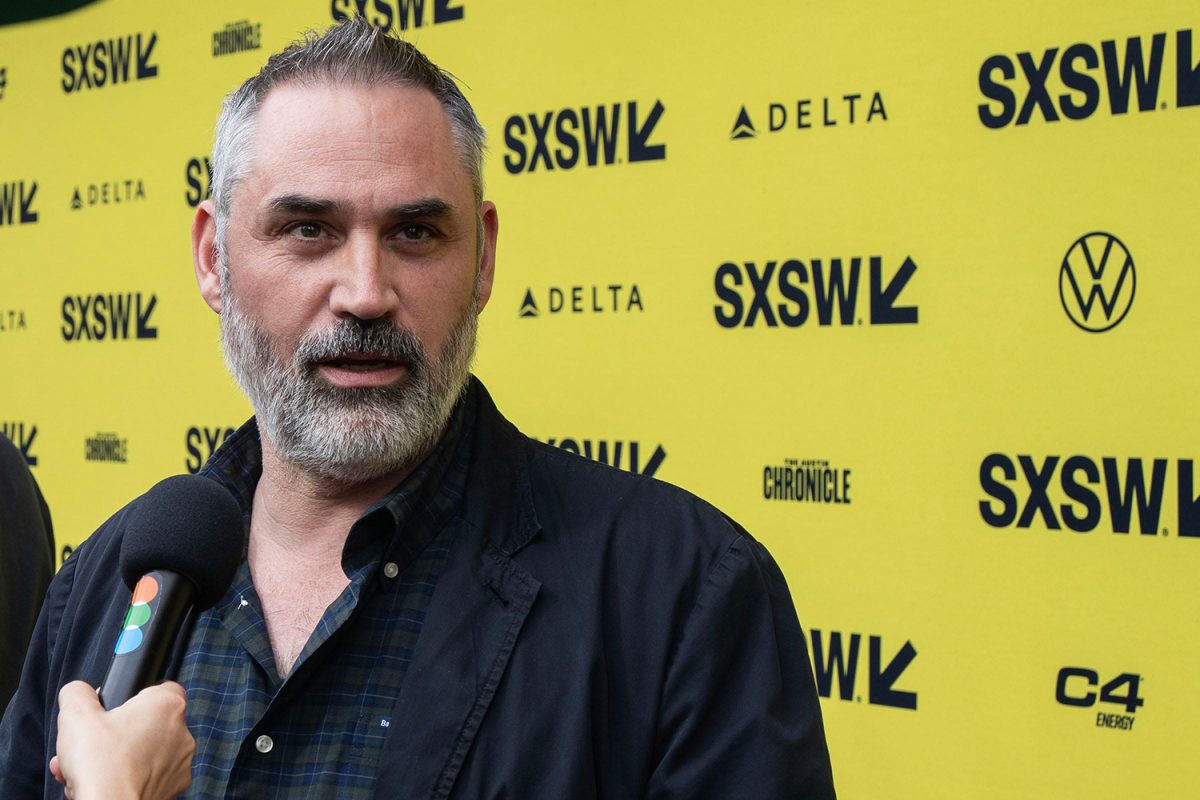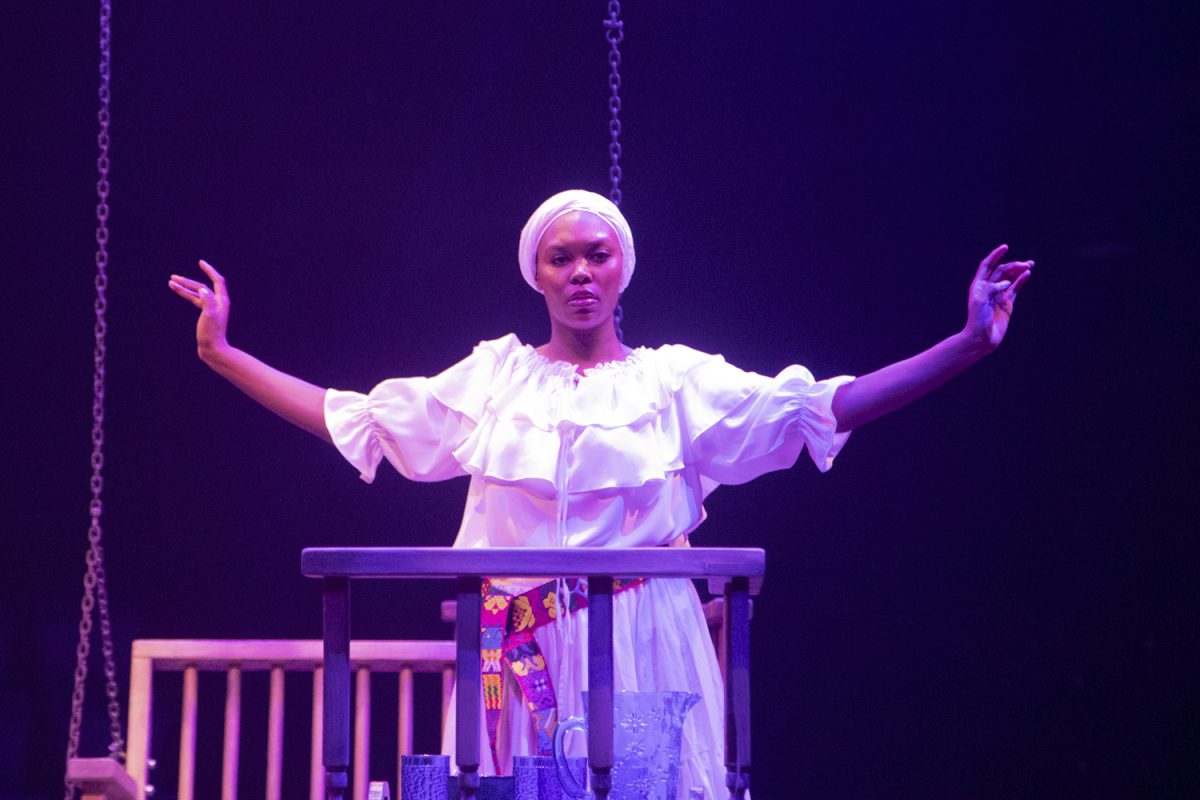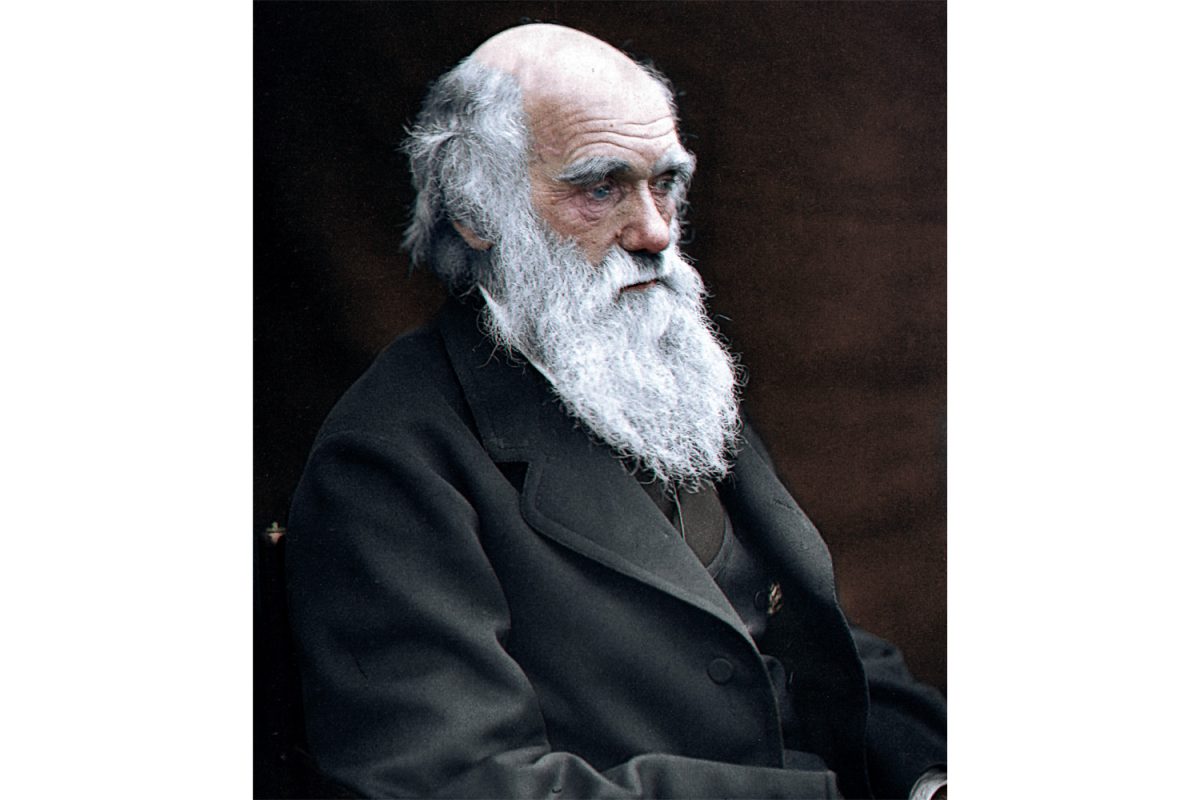There have been three great transatlantic crossings in human history, and only one was well-received by the local inhabitants: Christopher Columbus shoring up in the Caribbean, the pilgrims setting sail on the Mayflower, and the Beatles touching down in New York on Feb. 7, 1964.
The 50-year celebration of this last voyage rivals Thanksgiving and Columbus Day combined — at least for music fans. Or more broadly, for Beatles fans. At the very least, it’s an excuse for "fangirls" such as me to wear Beatles shirts for a week straight.
Those of you who have been giving me weird looks in class may be asking, why is this a big deal? Wasn’t the Beatles a band before it arrived in the United States? And isn’t the group old news by now? Why don’t we just keep talking about Lorde, Macklemore, and Daft Punk’s weird helmets?
Because none of those groups would exist, or at the very least flourish, without the Beatles’ legacy — especially your favorite foreign artists. And none of them have that Fab Four flair: the accents. The shaggy hair. The pounding rhythms and four-part harmonies. And damn, if those Liverpool lads weren’t cute.
Fifty years ago — before Bruno Mars’ halftime show, before Bieber fever, before N’ Sync and the Spice Girls, and before Michael Jackson’s "Thriller" or even Sergeant Pepper’s Lonely Hearts Club Band — the Beatles came to America. And our great nation transformed into one big shriek.
Millions of girls stalked airports, hotels, and sidewalks that John Lennon, Paul McCartney, George Harrison, and Ringo Starr were said to have visited. Records flew off shelves, and ticket sales soared. Mop-tops were grown nationwide. You think that One Direction wrapping paper is excessive? We’re talking Beatles’ blend tea.
This phenomenon is known as "Beatlemania," and it began with a fateful episode of the "The Ed Sullivan Show" on Feb. 9, 1964. My father can remember watching this historic prime-time performance as a 6-year-old (alongside 74 million other viewers) — which I am supremely jealous.
But alas, I was there to see Paul McCartney perform a three-hour set at the Bonnaroo Music Festival this summer while my father stayed home to work, so I probably got the better end of the stick.
The Beatles’ music has always been alluring, if not particularly sophisticated early on. Their repertoire of original tunes — originality being hard to find in today’s pop industry — is reason enough to admire them, but there’s something beyond mere artistry that has kept John, Paul, George, and Ringo in the forefront of American hearts — even us millennial bass hounds.
These aren’t musicians who conquered unimaginable odds to reach stardom; more importantly, they aren’t children of recording legends who were handed their careers. All four came from middle-class families, all were a little rebellious and a lot misunderstood, all were flawed, and all leaned on each other’s friendship. All were a little bit like you and me.
They confessed to standing on the shoulders of their childhood idols, from Chuck Berry to Elvis Presley — the latter of whom Lennon was determined to eclipse in fame. (And when they did, an apparently bitter Elvis called the Beatles "filthy," "unkempt," and "suggestive." The world responded, "Really, Elvis? Really?")
The Beatles took on show business with a relentless desire for more — even after they reached the pinnacle of fame. The members worked for their voice and never took it for granted. In their 10 years as a band, they achieved a very 21st-century version of the American Dream.
And they left a great deal behind for us to relish. How else would a girl from Iowa City, born in 1993, end up with a shelf full of Beatles CDs, a room full of Beatles decorations, and two Beatles tattoos?
WATCH






